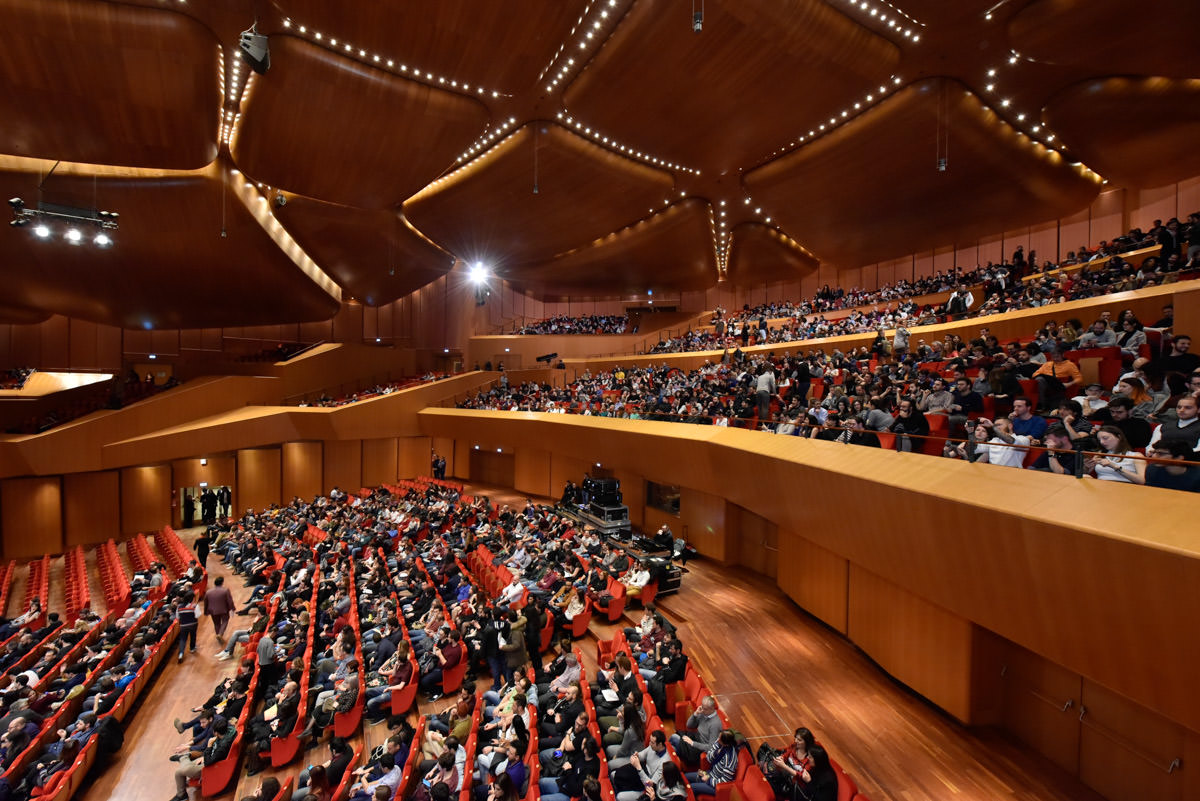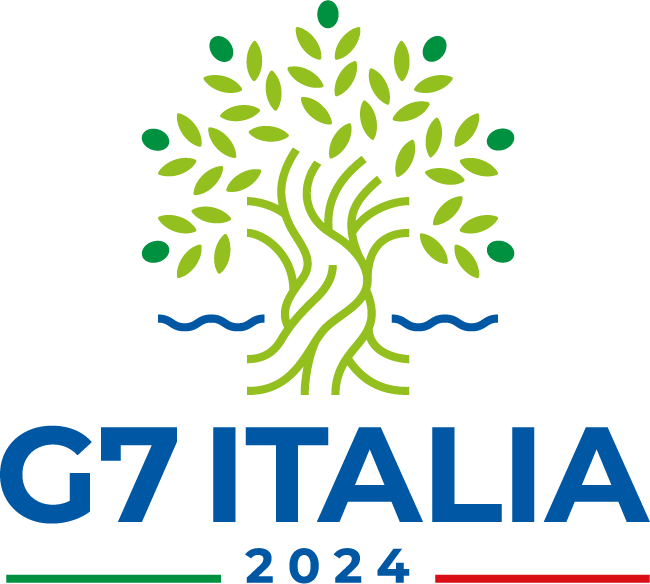The Agenda is now online!
International leaders, policymakers, statisticians, academics, and experts will discuss key issues during plenary roundtables and parallel sessions.
VIEW AGENDA 4 Nov
4 Nov
 14:30 - 16:00
14:30 - 16:00
Strengthening well-being approaches to economic policy making
 5 Nov
5 Nov
 11:00 - 12:30
11:00 - 12:30
Co-producing data and analysis on well-being, inequalities, and poverty
Agenda
Out events will be held during the all three days of the Forum, form 4-6 November
Download Agenda (Draft)
Please note that more information on relevant Forum sessions and speakers will be added as details are confirmed. A partial list of speakers who will be participating is available in the Speakers section and is constantly being updated. In addition to the Forum sessions, a number of workshops and seminars will further enrich the agenda, to know more please visit the Workshops & seminars section.
Click here to download a PDF version of the latest agenda.
Agenda

The 7th OECD World Forum on Well-being will take place over three days in Rome on the 4th to the 6th November 2024. The organisation of the agenda will be divided between plenary sessions and parallel sessions. Please note that more information on relevant Forum sessions and speakers will be added as details are confirmed.
Click here to download the draft agenda.
Plenary sessions
Plenary sessions will be devoted to discussing the enabling environments and broader strategic overview of main challenges and opportunities for mainstreaming well-being data and approaches in policy and practice. Below provisional examples of plenary slots which will revolve around the following themes:
- Plenary Roundtable on “Strengthening well-being approaches to economic policy making”
- Plenary Roundtable on “Next frontiers for well-being measurement and data”
- Plenary Roundtable on “Centering inclusive well-being in climate change action”
- Plenary Roundtable on “Harnessing technology and artificial intelligence for inclusive, sustainable well-being”
- Plenary on “Next steps for strengthening well-being approaches in a rapidly changing world”
Parallel sessions
Parallel sessions will instead be devoted to deep dives into specific measurement and statistical issues, as well as into policy and practice implementation. They are expected to be 12, divided into 4 slots of 3 parallel sessions each. Following provisional examples:
- Parallel Session on “Embedding and implementing well-being policy approaches”
- Parallel Session on “Linking data for more integrated analysis on well-being, inequalities, and poverty”
- Parallel Session on “Centering social connections and community well-being in policy”
- Parallel Session on “Technical advances in well-being policy appraisal, design, and evaluation”
- Parallel Session on “Co-producing data and analysis on well-being, inequalities, and poverty”
- Parallel Session on “Centering well-being, equity, and poverty reduction in climate and sustainability transitions”
- Parallel Session on “Climate change, health, and well-being”
- Parallel session on “Innovations for more timely and granular data and analysis on well-being, inequalities, and poverty”
- Parallel session on “Impact valuation and investment decision-making for long-term well-being, equity, and poverty reduction”
- Parallel session on “Ensuring safe, fair and inclusive AI development”
- Parallel session on “Population ageing, demographic change and well-being”
- Parallel session on “Monitoring and predicting well-being outcomes with machine learning”
